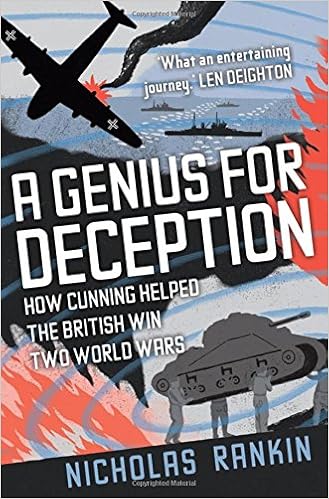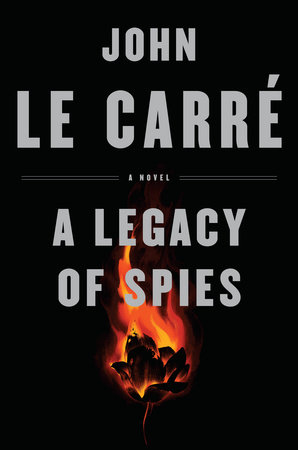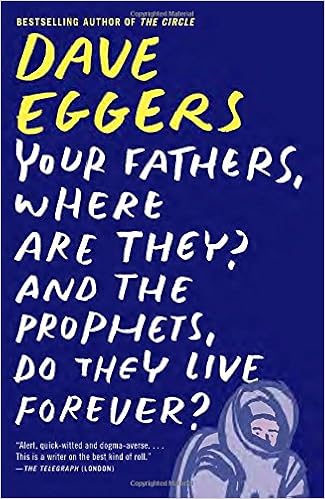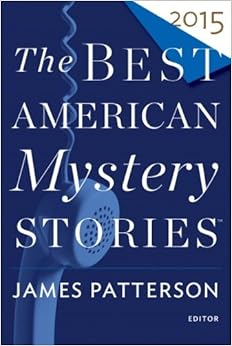I have not heard the recordings but my first reaction was: Not possible. Not possible turn my favorite of the books, Tinker, Tailor, Soldier, Spy, into a radio drama and make it work.
I know people who read that book cover to cover and couldn't follow the plot. I know people who have watched the whole six hour TV mini-series with Alec Guinness and were baffled by it.
For an earlier blog I wrote up the endings of twenty great mysteries (not identifying which books they came from, fiend that I am). I spend twice as much space explaining TTSS as any of the others and still received a complaint that I had it wrong.

The novel's story is so twisty, so reverse-logic, that the idea of trying making it clear in a radio performance strikes me as insane. If anyone has listened to the recording, please let me know what you think.
Here is one of the reasons the plot is hard to grasp. Characters A and B are in effect asking: "Given that the situation is X why are Characters C and D doing what they do?" The answer is: Characters C and D think the situation is Y.
(And by the way, the pretty-good movie version starring Gary Oldman, blew this part of the plot entirely, apparently just to put in one shocking scene.)
My point is that to follow this part of the plot requires a leap of empathy, which no one in the book but Smiley is able to make, and a lot of readers have trouble with it, too.
I don’t mean sympathy, the ability to feel what someone else is feeling. I mean the scientific sense of empathy: the ability to see things from the other person's point of view.
Decades ago a scientist named Daniel Povinelli taught chimpanzees to do a task for a reward. Then the chimps saw a human doing a second related task. Finally the chimps had to copy what the humans did. In other words, the beasties' thinking process had to go something like this: "The human did a certain thing at the table and we both got fig bars. Now the tables are turned (literally) and I have to do that same thing to earn us bars."
Which turned out to be no problem for most of the chimps to figure out. But when the same experiment was tried with monkeys, well, it was like trying to teach them differential calculus on a roller coaster. In spite of the old adage "monkey see, monkey do," those primates could not make the empathic leap.
It is easy to assume empathy is a good thing, but that's an oversimplification. For example, it is an essential tool for con artists. They have to see what the mark is seeing and know what the mark wants. Science fiction writer Harry Turtledove wrote a story called "Bluff" in which an alien world's civilization is overturned when one character learns poker and discovers the concept of lying.
 Other fields rely on empathy as well. I just read a terrific book by Nicholas Rankin called A Genius For Deception, about British trickery during the two World Wars. One example is camouflage which, of course, depends in knowing how the object you are trying to disguise will look to an enemy soldier, sailor, or pilot.
Other fields rely on empathy as well. I just read a terrific book by Nicholas Rankin called A Genius For Deception, about British trickery during the two World Wars. One example is camouflage which, of course, depends in knowing how the object you are trying to disguise will look to an enemy soldier, sailor, or pilot.But it is just as true in intelligence battles. One of the frustrations of the British spies during WWII was that the Japanese intelligence units were so incompetent they would miss the false information that had been cunningly prepared for them. In other words, you can't get someone into your trap if they don't notice the bait.
Which, I suppose, brings us back to the cunning of George Smiley. If you haven't encountered Tinker, Tailor, Soldier, Spy, I recommend it. There are plenty of versions to choose from.
Addendum: After I wrote this I received an advance reader copy of John le Carré's new novel, officially published yesterday. A Legacy of Spies is being plugged as a new Smiley novel, but it appears that once again the cunning old fox manages to stay on the side lines. The main character is Peter Guillam, Smiley's protege, who is called out of retirement to explain some of the master's cases to a post-Cold War generation of spies. I'm reading it now, and so far, it's good.



.png)




 No, not that one, this one:
No, not that one, this one: 





















 Gayle Lynds has done it to me again. Her new thriller, The Assassins, a July release from St. Martin's Press, opened, grabbed me by the throat and kept me up late two nights in a row. As much as I love sleep, this is a superb read and one missing a few hours of sleep over.
Gayle Lynds has done it to me again. Her new thriller, The Assassins, a July release from St. Martin's Press, opened, grabbed me by the throat and kept me up late two nights in a row. As much as I love sleep, this is a superb read and one missing a few hours of sleep over.







